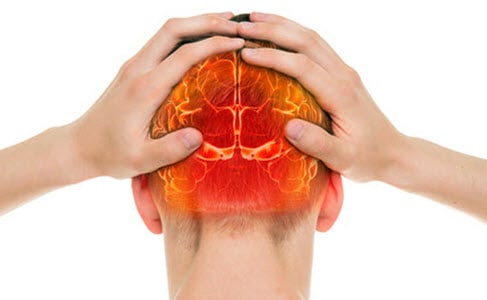
Every year, various kinds of TBIs send hundreds of thousands of Americans to the emergency room. Almost 70,000 of these people either don’t make it home or die sometime later. These injuries are progressive. Initial symptoms include disorientation and mild headaches. Later, the symptoms include severe headaches and personality changes. At that point, death is just around the corner. Sometimes this process takes a few minutes and sometimes it takes a few years.
No matter how long after an accident or other incident a head injury becomes apparent, a Columbia brain injury attorney can obtain the compensation these victims need, to fight their illnesses, and deserve, so they can move forward with their lives. Lifelong brain injury medical costs and other economic losses often run into the millions of dollars. Therefore, compensation in a brain injury case is often substantial.
Car Wrecks
Vehicle collisions are, by far, the leading cause of TBIs in South Carolina. That’s because car wrecks combine all three common TBI causes, which are:
- Blunt Force: Seatbelts and airbags absorb some of the force in a car crash, but certainly not all the force. Airbags are a good example. Placing a pillow over a brick wall and slamming one’s head against that pillow at 60mph simulates the effect of hitting an airbag-protected dashboard or steering column.
- Extreme Motion: Sometimes, car crash victims sustain head injuries before their heads touch a solid surface. The skull is basically a water tank that suspends the brain in cerebrospinal fluid. Sudden motion causes the brain to slam against the skull. That causes brain bleeding and swelling.
- Loud Noise: The explosion-like sound of a car wreck produces shock waves that disrupt brain functions. These disruptions often don’t include signature symptoms, like unconsciousness, making them difficult to diagnose.
If negligence, or a lack of care, causes a car crash, a Columbia personal injury attorney can obtain compensation. Usually, these claims settle out of court, and on victim-friendly terms.
Falls
These incidents usually involve two of the three brain injury cases mentioned above. The force in a fall is nowhere near as great as the force in a car wreck. However, fall victims have no seatbelts, airbags, or other restraint systems to protect them.
In South Carolina, property owners are financially responsible for fall injury damages if they had a duty of care and knew about, or should have known about, the wet spot, large sidewalk crack, or other injury-causing hazard.
Most victims have permission to be on the property and benefit the owner, financially or nonfinancially. Because of this close relationship, property owners generally have a duty of reasonable care. They must promptly address injury hazards. Warning people about these hazards (e.g. putting up a “Caution Wet Floor” sign) buys owners some time, but doesn’t fulfill their duty of care.
In fact, erecting such a sign is conclusive proof that the owner knew about the hazard. Other direct evidence includes restroom cleaning reports and safety surveys. The time-notice rule usually applies in constructive knowledge (should have known) cases. Hazards more than a few minutes old should not be unaddressed.
Count on a Diligent Richland County Lawyer
Injury victims are entitled to significant compensation. For a free consultation with an experienced personal injury lawyer in Columbia, contact the Marc Brown Law Firm. The sooner you reach out to us, the sooner we start fighting for you.
Source:
cdc.gov/traumaticbraininjury/data/